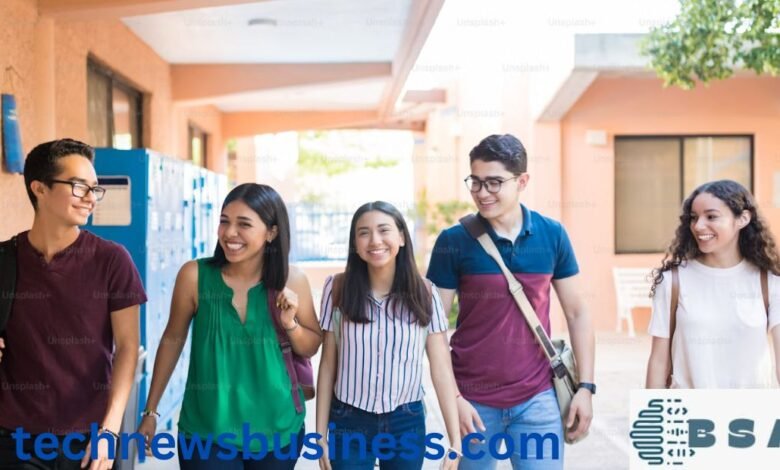Kacmun: Providing New Opportunities for Korean Students

Introduction
For Korean American high school students, the Korean American Coalition Model United Nations, or KACMUN, is a game-changing initiative. Delving into international relations, critical analysis, and diplomacy, KACMUN is more than just a conference; it’s a gateway to new horizons. Let’s dive into the comprehensive outline and details that make KACMUN a beacon of hope for the Korean American community.
1. Inception and Evolution
Embark on a journey through time as we explore the roots of KACMUN, tracing its inception as the longest consecutively running program in the Korean American community. Learn how KACMUN has evolved over the years to accommodate the changing needs of its participants, adapting to dynamic shifts in global discourse.
KACMUN’s inception marked a pivotal moment in the Korean American community, providing a consistent platform for students interested in international relations.
2. Modern Adaptations
Discover how KACMUN has embraced modernity, operating in a virtual format with weekly 2.5-hour sessions from September to May. Uncover the seamless integration of technology, allowing participants to engage in meaningful discourse in both virtual and in-person Model United Nations conferences.
Adapting to the digital age, KACMUN’s virtual sessions provide flexibility while maintaining the essence of in-person conferences.
3. Navigating Global Challenges
KACMUN’s commitment to empowering youth takes center stage. Explore how the program guides students in navigating complex global challenges while celebrating their cultural heritage. Witness KACMUN’s role as a beacon of hope in a rapidly changing world.
4. Overview of Kacmun
Unpack the core mission of KACMUN, a conference uniting passionate delegates to address social issues. Understand how KACMUN fosters unity within the community, providing a platform for meaningful interactions and idea development.
5. Fostering Unity
Delve into how KACMUN promotes understanding and collaboration among delegates from diverse backgrounds. Explore the unique environment that encourages unity and collective effort in addressing pressing social issues faced by the Korean American community.
6. Engaging Social Concerns
Participants in KACMUN are granted the opportunity to join a forum that highlights and supports a diverse range of social concerns. The purpose of the event is to foster mutual understanding and cooperation between delegates with disparate backgrounds, which will ultimately result in the creation of creative concepts and solutions. Through this process, KACMUN works towards creating a sense of unity and collective effort in addressing pressing social issues faced by the Korean American community.
7. Kacmun’s Impactful Discourse
Explore the significance of KACMUN as a platform for thoughtful discussions. Understand how the conference serves as a catalyst for learning and the development of innovative ideas, creating a space for impactful discourse among delegates.
8. Kacmun’s Enduring Legacy
Reflect on KACMUN’s enduring legacy as a beacon of hope. Witness the program’s testament to the enduring power of unity and diversity in overcoming obstacles and driving positive change in the world.
9. FAQs: Unveiling Details
Q: How can students participate in KACMUN?
A: Students can participate in KACMUN by registering through the official website, where they will find detailed information on the application process.
Q: Is KACMUN limited to Korean American students only?
A: While KACMUN is designed for Korean American students, it welcomes participants from diverse backgrounds who share a passion for international relations and positive change.
Q: What topics are discussed in KACMUN conferences?
A: KACMUN conferences cover a wide range of social issues, focusing on those that affect the Korean American population and other communities. Topics may include diplomacy, global challenges, and cultural understanding.
Q: How has KACMUN adapted to the virtual format?
A: KACMUN has successfully adapted to the virtual format by conducting weekly 2.5-hour sessions from September to May, allowing participants to engage in meaningful discourse despite physical distances.




